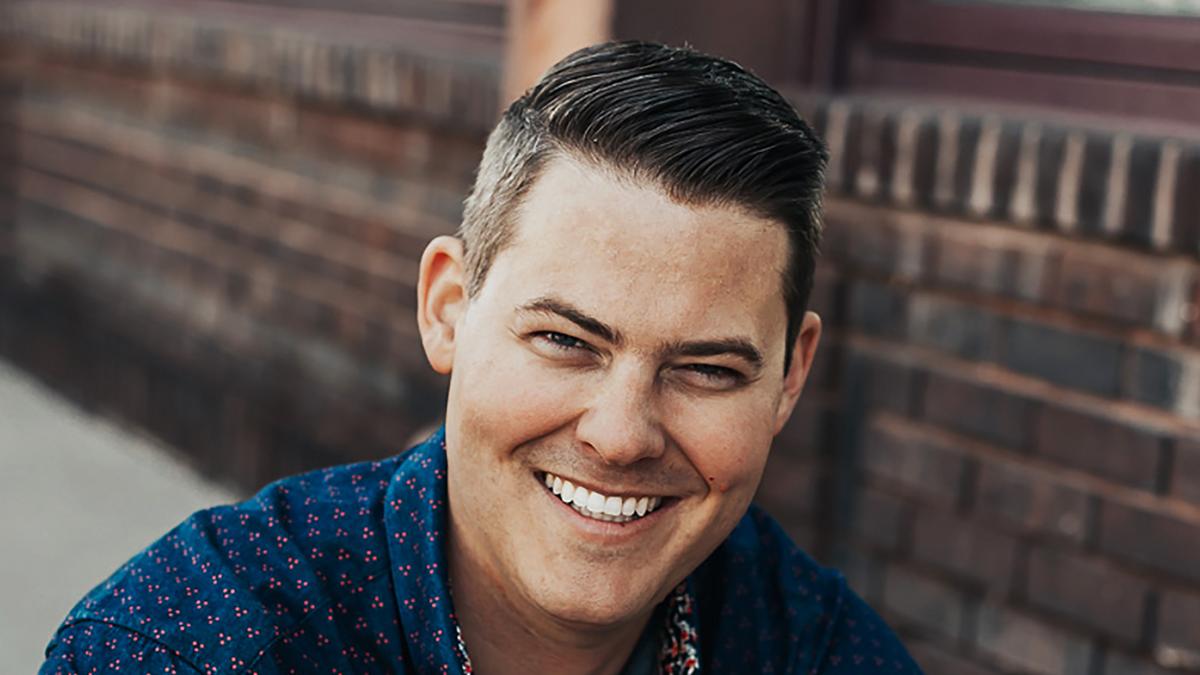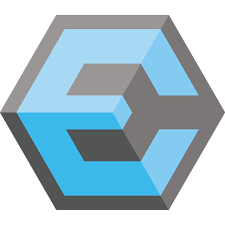In a moment of crisis, some people freeze up. Others spring into action because they’ve learned lessons along the way to help them see their way through tough situations. Even one moment or inch of daylight in the darkness can be enough to hold onto to provide hope. People and companies have risen from the ashes before, and if something amazing has happened once, then certainly that means something beautiful can be created again no matter the challenge, right?
EideCom is a live production and events company that connects people through online events. When live events were put on hold, Founder and CEO, Charles Eide created a second company, Second Stage, that connects people through online events. It was a key pivot to stay active and serve customers at the cutting edge of creating online and hybrid event experiences – they are very much guiding the future of the entertainment space. Rather than giving up on events, EideCom and Second Stage found a way to keep the spectacle alive. On this episode of Business X factors, find out how EideCom and Second Stage have been able to keep the show going no matter what obstacle gets in the way, and consider what lessons you can apply to your business to stay flexible and dynamic in our ever evolving economy. Plus, stay tuned for more of Charles’s story of how there’s an EideCom event connection involving the pope and Justin Bieber.
Main takeaways:
- Virtual Has to Be a Spectacle: Hosting a virtual event requires the same care and attention that in-person events would be given as it is so easy for attendees to just switch off. They need to be crafted to become value-added, engagement-driven experiences that go well beyond the computer screen. To ensure engagement, get creative with visuals, live stream on social media, create a personal real world experience by sending a DIY kit for something like wine-tasting, personalize the event with a virtual experience and connect people with others when possible as networking is the major reason why people attend events.
- Pivot in Times of Crisis: Companies like Spotify and Unilever have successfully navigated the pandemic by pivoting their business model. But not all business pivots have been successful. The Harvard Business Review have identified three conditions for successful pivots. Pivots must align the firm with one or more long-term trends intensified by the pandemic, they should come as a lateral extension of the firm’s existing capabilities that cement its strategic intention and it must offer a sustainable path to profitability that preserves and enhances brand value.
- The art of Persuasion with Optioning: In most negotiations to secure a deal or an agreement there can be an impasse or a deadlock. It could be Charles Eide who needs haze at an event or a business trying to close a deal that drags on. Apart from applying techniques like taking a break, setting aside anger, getting assistance and changing venues; open-ended brainstorming could be a way of breaking a deadlock. It is also known as optioning which is opening up discussions for options that are either obscure or outside the normal realm of possibility. It is an effective technique to unleash the creative juices and could ensure mutual gains.
Key quotes:
“I thought I was going to be wearing my Sunday best in the office in the ivory tower with grandpa. And he was like, ‘You’re going to be shoveling dirt.’ And he sent me out there to do that. You can’t really build something of value if you don’t understand all the components of it and the pieces that every player has. You can’t just walk into something and be like, ‘I’m going to be a huge success.’ And so, years and years later here, I am working in the events business going, I literally have done almost every single position on every single show.”
“When you’re first getting started, you don’t want to offend anyone. So, you’re trying to be everyone’s friend but you also try and do everything for everybody. And you say yes to everything, which is like a double-edged sword, because when you say yes to everything, you get to learn a lot, but you also very quickly hopefully realize that doing everything you’re not good at anything… And it was totally about learning to focus on one thing and do it better than anyone.”
“What I figured out was that in my industry, the problems we were solving weren’t who has the lights and the sound. We all have access to the same equipment out there. Being in the events industry is one of the most stressful jobs. Especially if you’re a planner in a big company, it’s a very stressful job. The last thing you need to be doing is working with partners that you don’t sleep at night because they can’t get it right.”
“You wouldn’t believe how many new customers came out — people I’d never heard of were reaching out, saying we have a problem and we need help now. And those customers are with us today. And I think there’ll be with us in the future because it’s not about the lights and the sound, because clearly if you can’t meet in person, there are no big lights and sound. It’s about the customer experience. And it’s about the audience, no matter where that audience is.”
“How do we keep people excited? Now, obviously, is it going to be the same? No, it’s not going to be the same. It’s going to be different, but we can make it fun and engaging. Turns out that during the pandemic, when we had a lot of these virtual galas and fundraisers, we raised as much, if not more money while having them online. And I got to tell you, it opened everyone’s eyes to this idea that in the future, we should always, always have a virtual option for people.”
“You got to get more specific on the quality of the content. This is something that I think organizers realized. Oh my gosh, think of how much of people’s time we’re wasting on worthless crap that they’re forced to sit through and listen to because they’re in person. Now, they don’t have to get up from their table and go out to their car and leave. They just click a button and it’s gone. So, we have to go, okay, well, what are the things that keep people there? The programming has to be tight.”
“Eventually, they want to be back together. And so you have a wide variety of different kinds of companies out there. A lot of corporations look at this and they go, ‘We don’t want to be gathering people in person quite yet. We’re willing to start planning for it, but we also reserve the right to postpone again.’ But we had other clients that were like, ‘Hey, we are okay with getting together.’ And the people that don’t want to get together, we can provide them with options to still be involved and be included without being left in the dust.”
Business X factors is produced by Mission.org and brought to you by Hyland.
For over a decade, Hyland has been named a Leader in the Gartner Magic Quadrant for Content Services Platforms, leading the way to help people get the information they need when and where they need it. More than half of 2019 Fortune 100 companies rely on Hyland to help them create more meaningful connections with the people they serve. When your focus is on the people you serve, Hyland stands behind you. Hyland is your X factor for better performance. Go to Hyland.com/insights to learn more.




